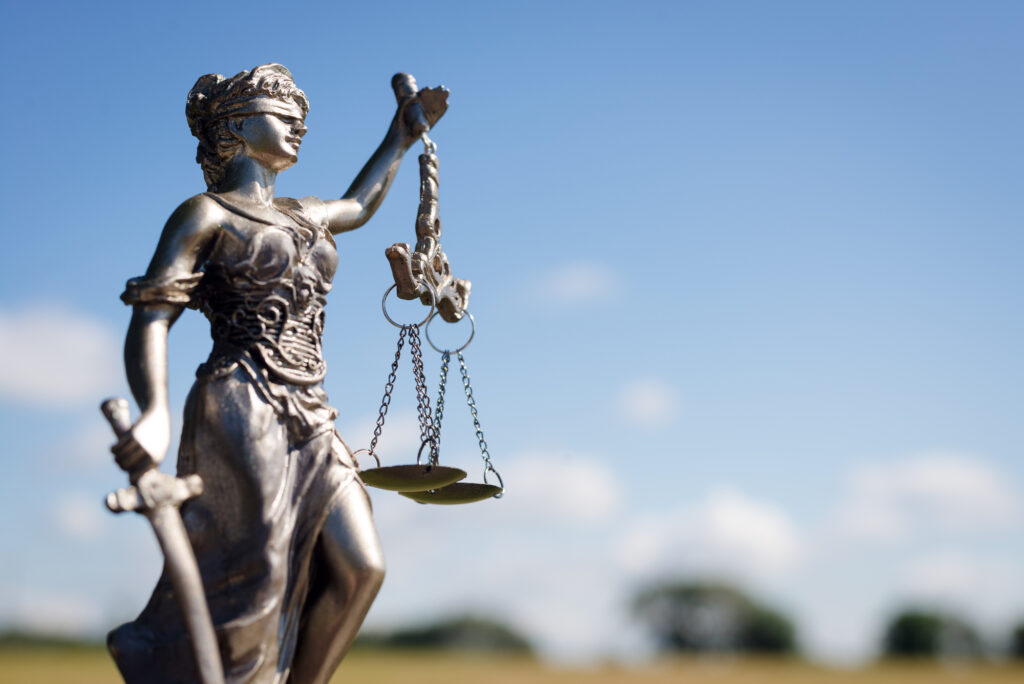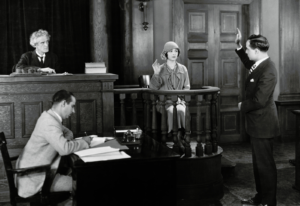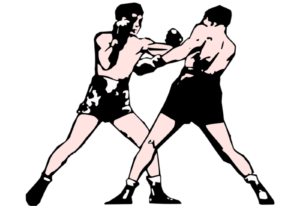Witness Preparation
One of the most important jobs for a litigator is preparing a witness to testify. Testimony can take place in a deposition or in front of a judge or jury. Witnesses can be lay or expert witnesses. These distinctions make little difference when preparing someone to testify. The important issue is making sure the witness is ready to testify.
There is one golden rule that I tell every witness at the beginning of a preparation session – tell the truth. Being truthful does not mean being helpful to your adversary. A witness’ job is not to win or lose a case – their job is to testify to the best of their ability.
The Starting Point
So where do you begin? The first place to start is the pleadings, motions, discovery responses, and disclosure statements filed or served in the case. A litigator will need to understand the facts of the case as well as the legal theories asserted by both parties. The disclosure statement will tell you the general substance of what the witness will testify about. Discovery responses and disclosure statements will often have useful exhibits for the deposition. If it is a witness for your party, you likely have a general understanding of the anticipated testimony from preparing the disclosure statement for the witness.
Know the facts of your case like the back of your hand. When I was a young litigator, I thought the law was the most important and difficult part of any case. I quickly learned that knowing the facts was just as important, if not more important, as knowing the law.
The Witness Preparation Process
1. Meeting with the Witness
The next step is meeting with the witness. For any testimony, I have at least two preparation sessions with a witness. After the first session, I know whether the witness will need more than two preparation sessions. You should schedule the first session at least a few weeks before the testimony. If you need more time to work with the witness, having a few weeks is critically important.
At the first preparation sessions, I go through the rules. Every deposition starts with an attorney explaining how the deposition works for the witness. The attorney taking the deposition will explain how the deposition works in general. For example, the attorney will tell the witness that they are testifying under oath and subject to penalty of perjury, just like if they were testifying in court. Then, as stated above, I tell the witness the golden rule – always tell the truth.
I explain to the witness that they will likely hear me objecting to questions from time to time. They will likely hear one of two objections – form or foundation. I explain what both of those terms mean and that the witness will nonetheless need to answer after those objections are placed on the record. However, if they hear me instruct them not to answer, then they will not answer the question. This is typically reserved for attorney-client privileged communications, but there can be other instances where such an instruction is appropriate.
The witness should also know that they need to pause for a few seconds after the question is asked to allow me time to interpose an objection. Witnesses often forget this instruction, and it is not uncommon to remind the witness to pause during the deposition.
2. Important Reminders and Practice Techniques
One of the most important issues for a witness is answering the question asked, and nothing else. It is human nature to try to anticipate the next question or topic. However, that is not helpful during a deposition or trial testimony. Sometimes, the witness ends up offering important information that would not have come to light if the witness had simply answered the question asked.
Another important issue is learning to say “I don’t know” or “I don’t recall” when that is truthful. Oftentimes, lawsuits are filed a year or two after the critical incident that led to the lawsuit. No one has a perfect recollection of every event. And, over time, sometimes people’s memories fade. Some witnesses think they will sound stupid or incompetent if they say, “I don’t know.” This can be especially prevalent with an expert witness. This is why practicing with a witness is vitally important (more below on this subject).
As one example of the foregoing, I was deposed early in my career after a deal I was working on fell apart. Two or three years after the deal fell apart, I was deposed as a witness. I was prepared by attorneys at my firm and attorneys representing the client in the litigation. My specific recollection of the events faded. During the deposition, the attorneys would hand me letters I supposedly wrote and then ask if I wrote the letter. I did not have a specific recollection of writing the letters, but I recognized my signature and letterhead. I would admit that it “appeared” that I wrote the letter based on the signature. I was even asked about a conversation with the other side’s attorney who handled the deal. I had a very vague recollection of the conversation, and I certainly did not recall all the details. We can all agree that we have a lot of calls for work during the year. Being asked to recall the specifics of any conversation from 2 or 3 years ago is a herculean task for those of us who do not have a photographic memory. A witness is never required to speculate to answer a question, even though some do. I was not willing to speculate about a conversation that I did not recall in detail.
3. Mock Examinations
When I finish all the prefatory remarks and reminders, then we practice being deposed or testifying at trial. Ideally, I prefer to have another attorney assist with the practice – one of us will depose the witness, and the other will be the witness’s attorney. The more you can make it feel like the real thing, the better prepared your witness will be.
Since you learned the facts inside and out, you can now prepare a mock deposition outline. I like to ask very hard questions during the preparation sessions. But I also ask easy questions too. The important part is listening closely to the witness’ answers. You will often need to pause the mock deposition to give pointers to the witness.
4. Preparing a Witness for Trial
Preparing a witness for trial can be easier. The witness was likely deposed during discovery. You now have the deposition transcript. Not all, but most attorneys will use the deposition transcript to prepare questions for trial. One of the golden rules of trial testimony for an attorney is to never ask a question where you do not know the answer. The deposition transcript provides you with a roadmap of what the opposing attorney will likely ask and is therefore invaluable for preparing the witness.
You will also need to prepare your witness for their direct examination. Since you will be asking the questions at trial, you can thoroughly prepare your witness for what will be asked. You will have a trial outline for the witness’s questions. I often work with a witness on the questions to be asked, which is especially true for expert witnesses given the technical nature of their testimony.
Although, there is usually one pitfall along the way. Your witness will answer the question you asked, as well as the next question or maybe other questions you intended to ask later in the testimony. Knowing your outline is therefore extremely important. If you simply read your trial outline without thinking, you may end up asking questions that were already answered, which never goes over well. You need to remain flexible during the direct examination of your witness and be willing to adjust as needed.
Concluding Remarks
I have often heard that organization is the key to success. While I generally agree, another maxim that is just as important is preparation is the key to success. I have worked with witnesses where after the first preparation session, I panicked because the witness did not do a good job. When that happens, I know we will need more than two preparation sessions. Likewise, I have worked with witnesses who did not do well during their deposition. Thankfully, almost all my witnesses have done well at trial.
In my experience, it is very rewarding to see a witness do well at a deposition and/or trial. You can also see the relief on their faces when the testimony concludes. It can be a mentally (and emotionally) exhausting experience for the witness (and the attorneys). But practice and preparation are the keys to success for any witness testimony.

























